2025 Accomplishments
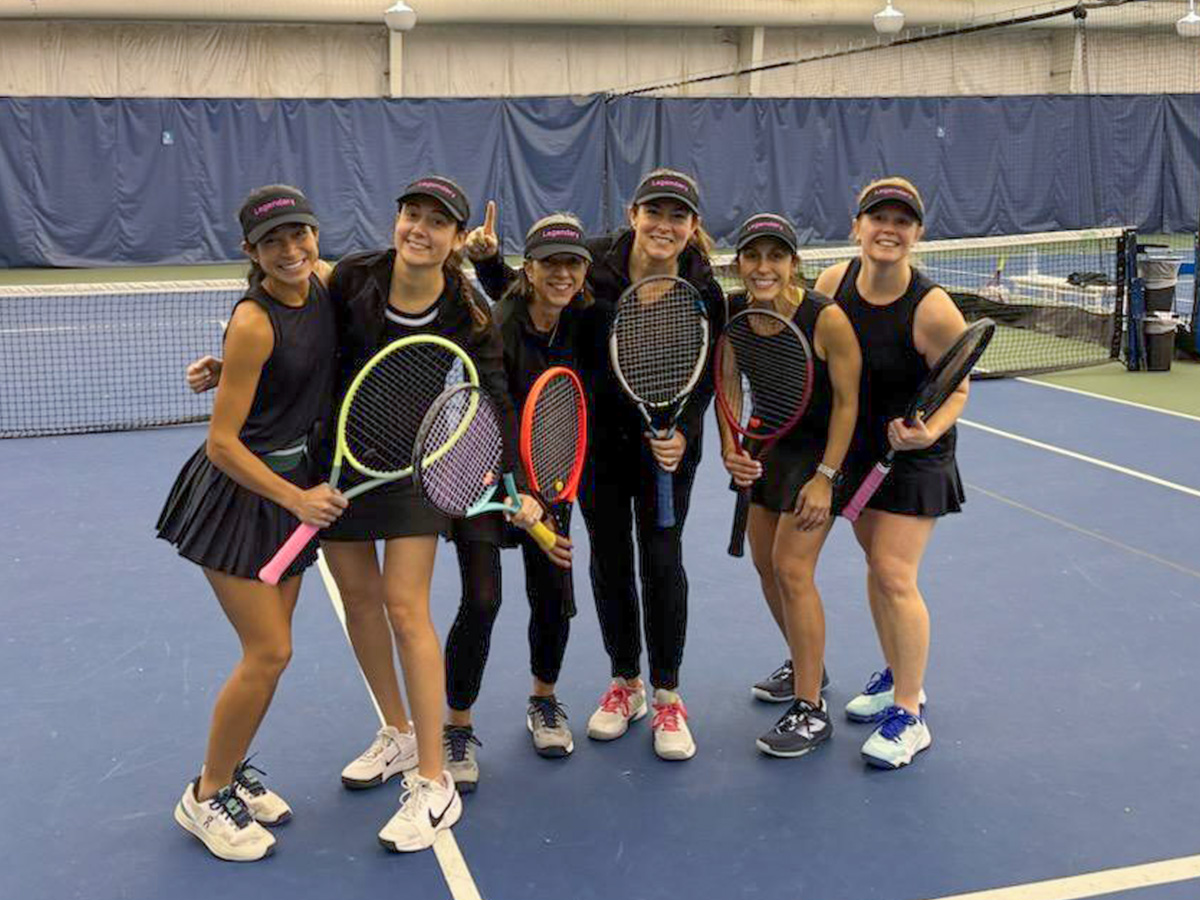
Suburban Legends
Local Champions
USTA Eastern / 40+ Women's 3.5
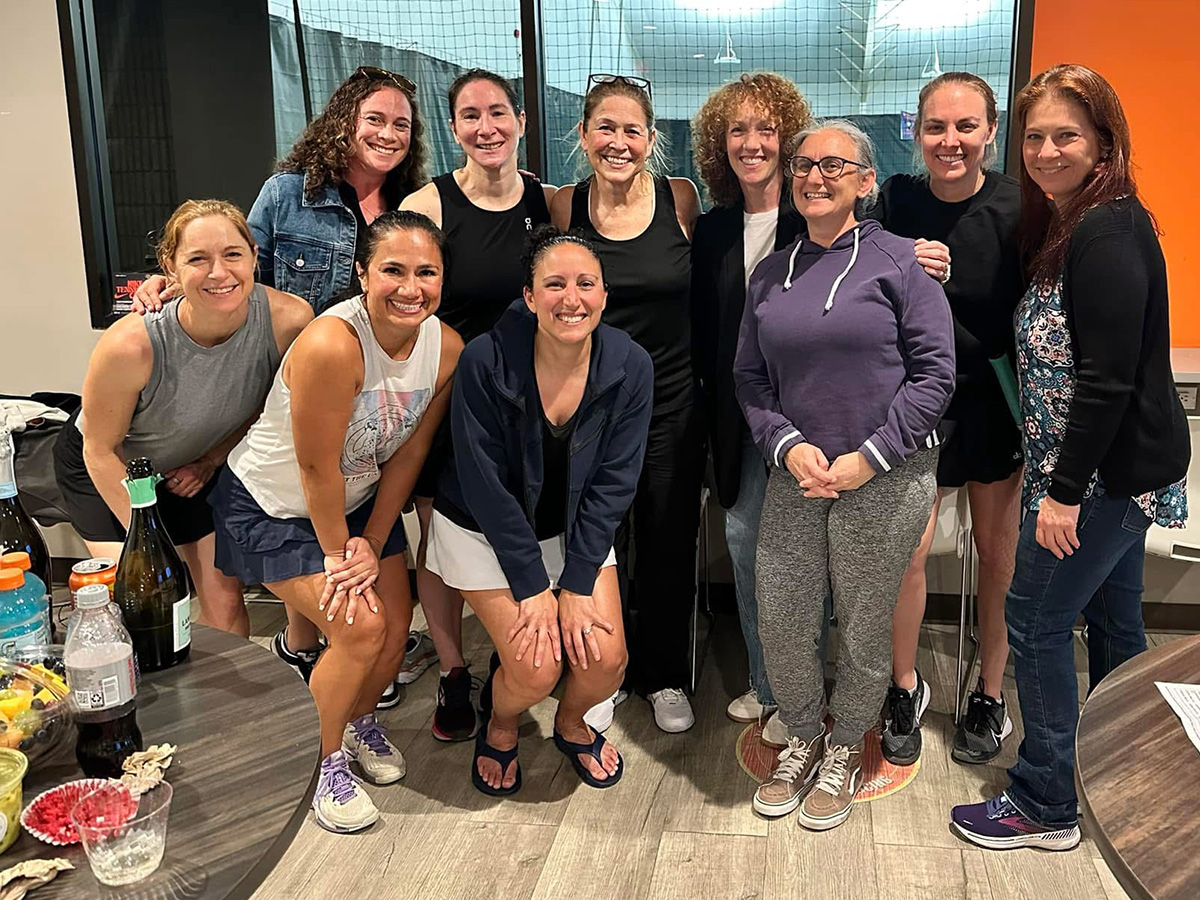
Tri-Level Starstruck
Regional Champions
Continuing their run in June 2025
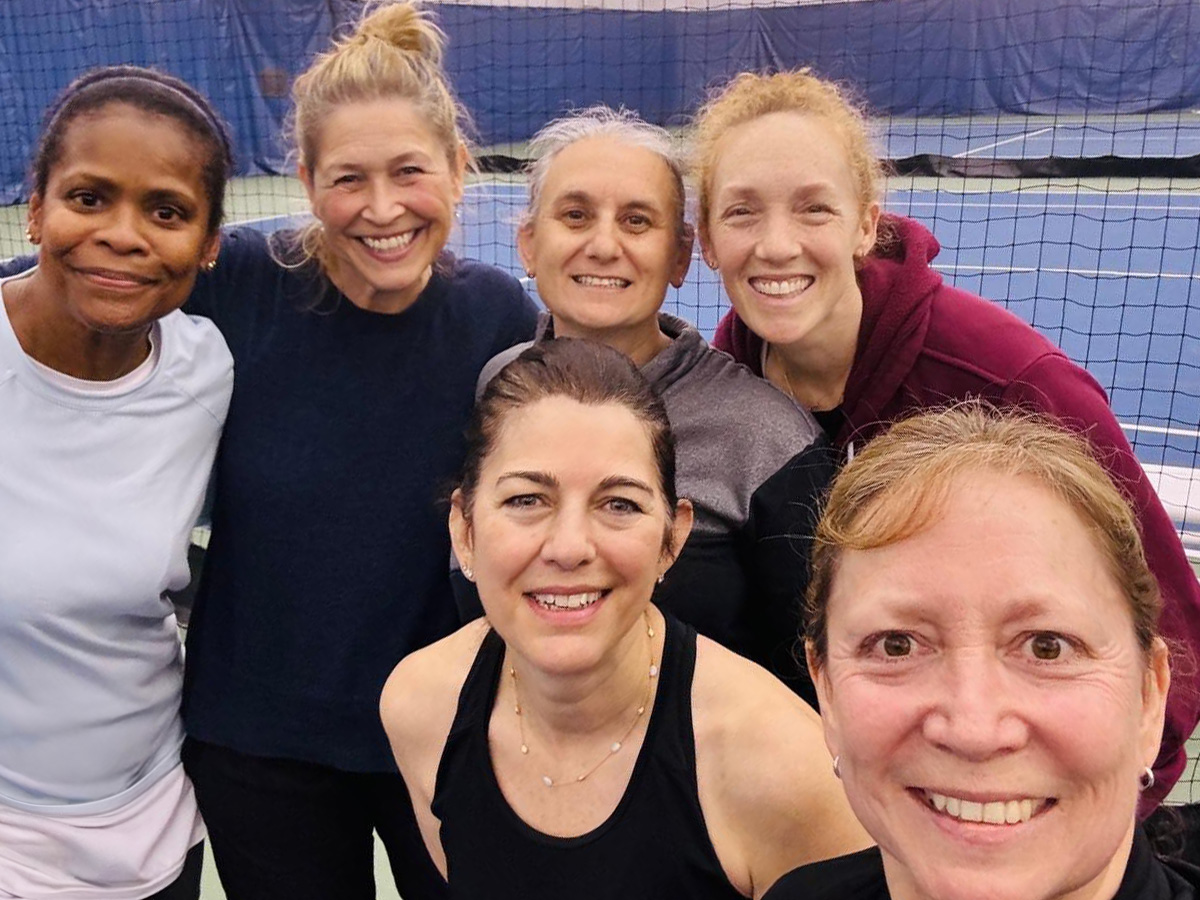
Racquet Ravens
Local Champions
USTA Eastern / 18+ Women's 3.5
2024 Accomplishments
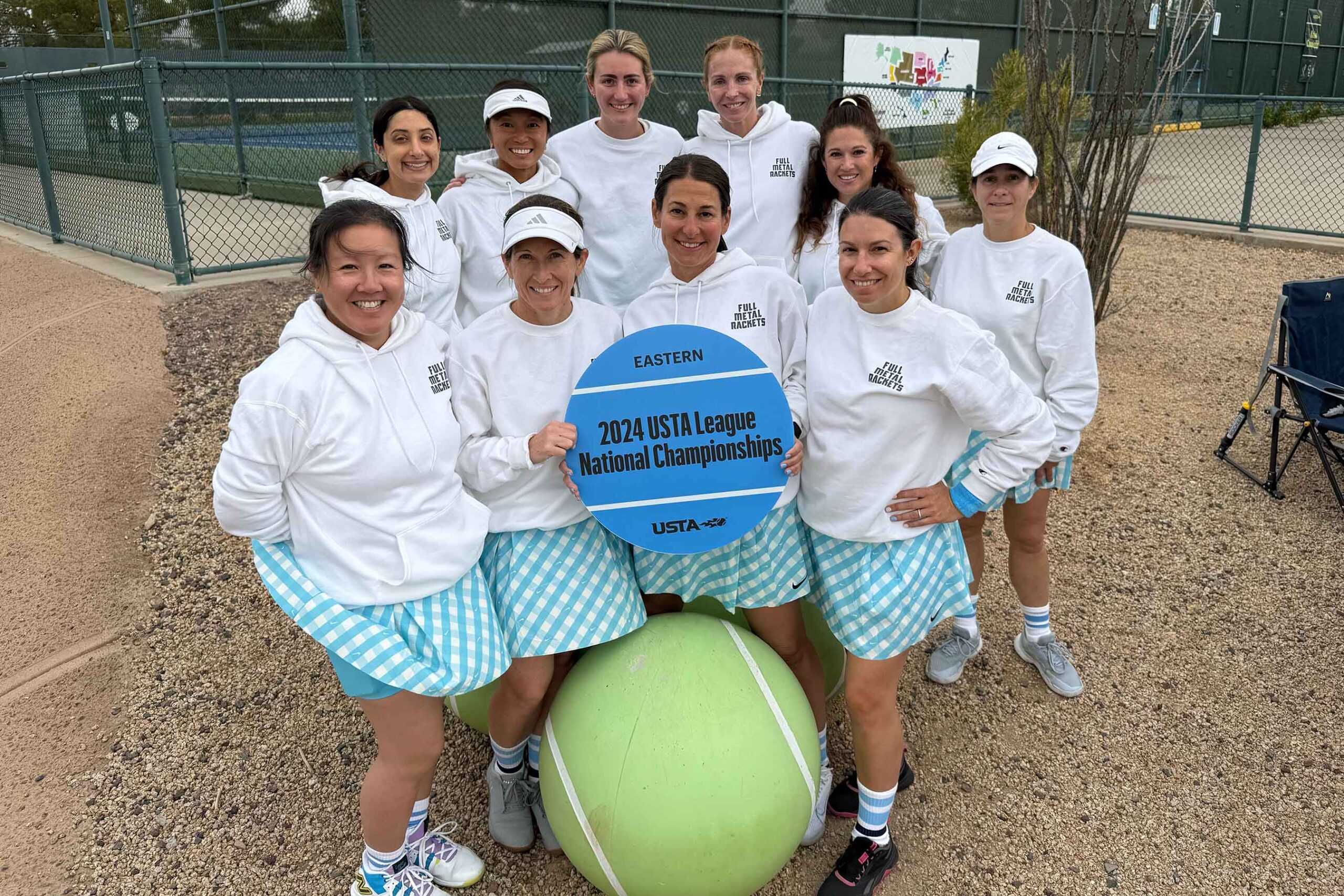
Full Metal Rackets
8th Place Nationals
USTA Nationals / 18+ Women's 2.5
2023 Accomplishments
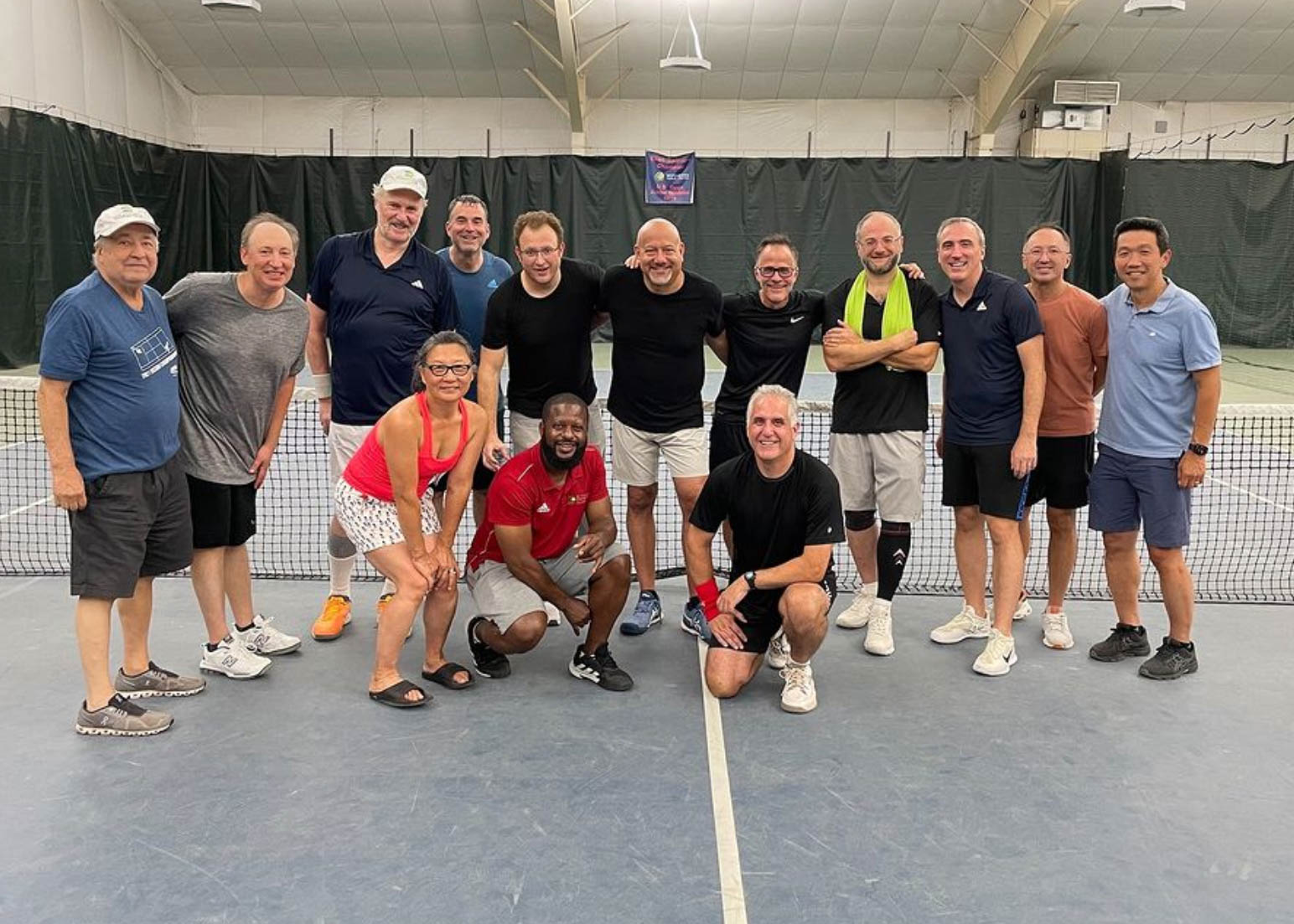
got it
Eastern Southern Champions
USTA Eastern / 40+ Men's 3.5
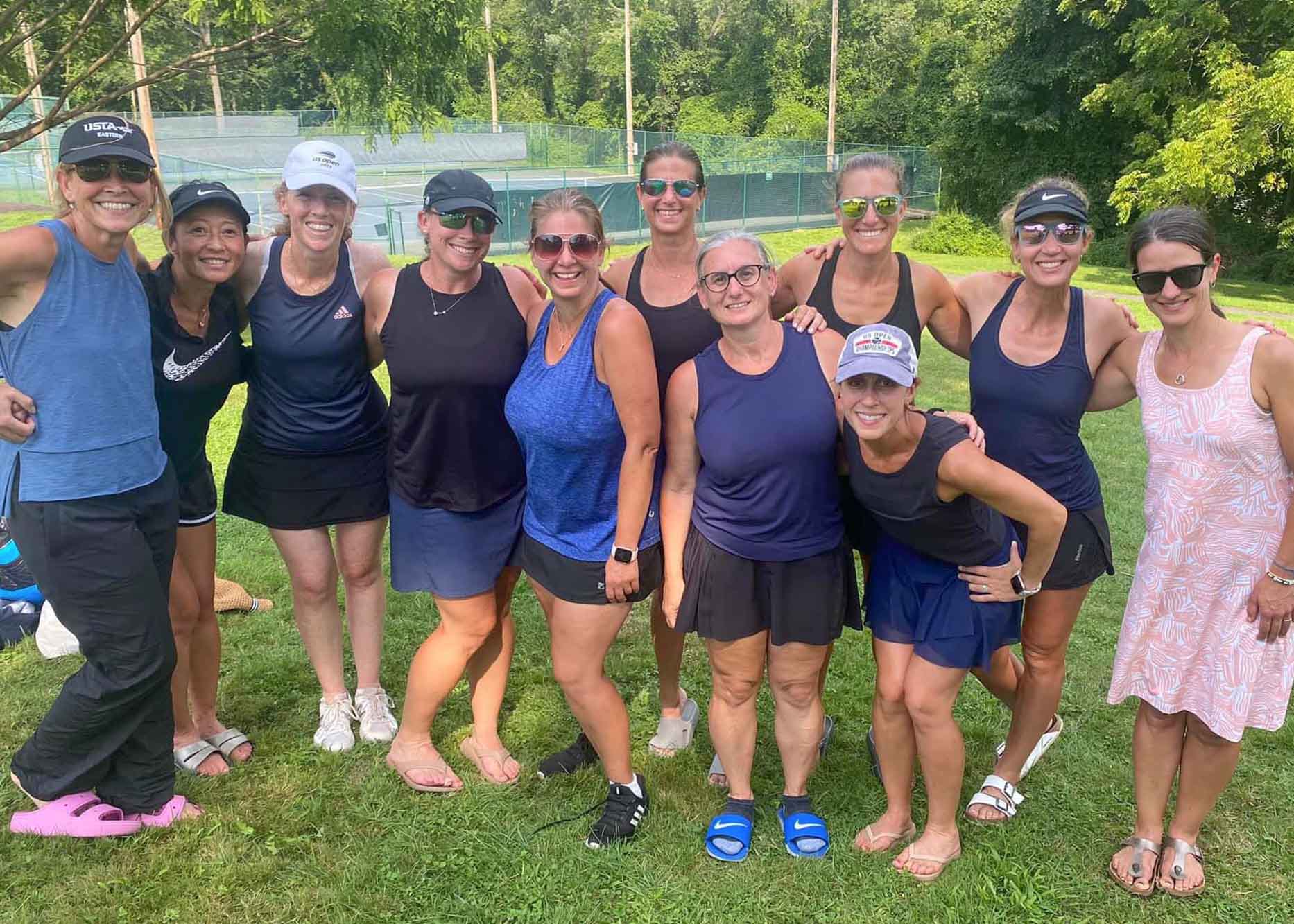
ms. marvels
3rd Place Sectionals
USTA Eastern / 40+ Women's 3.0
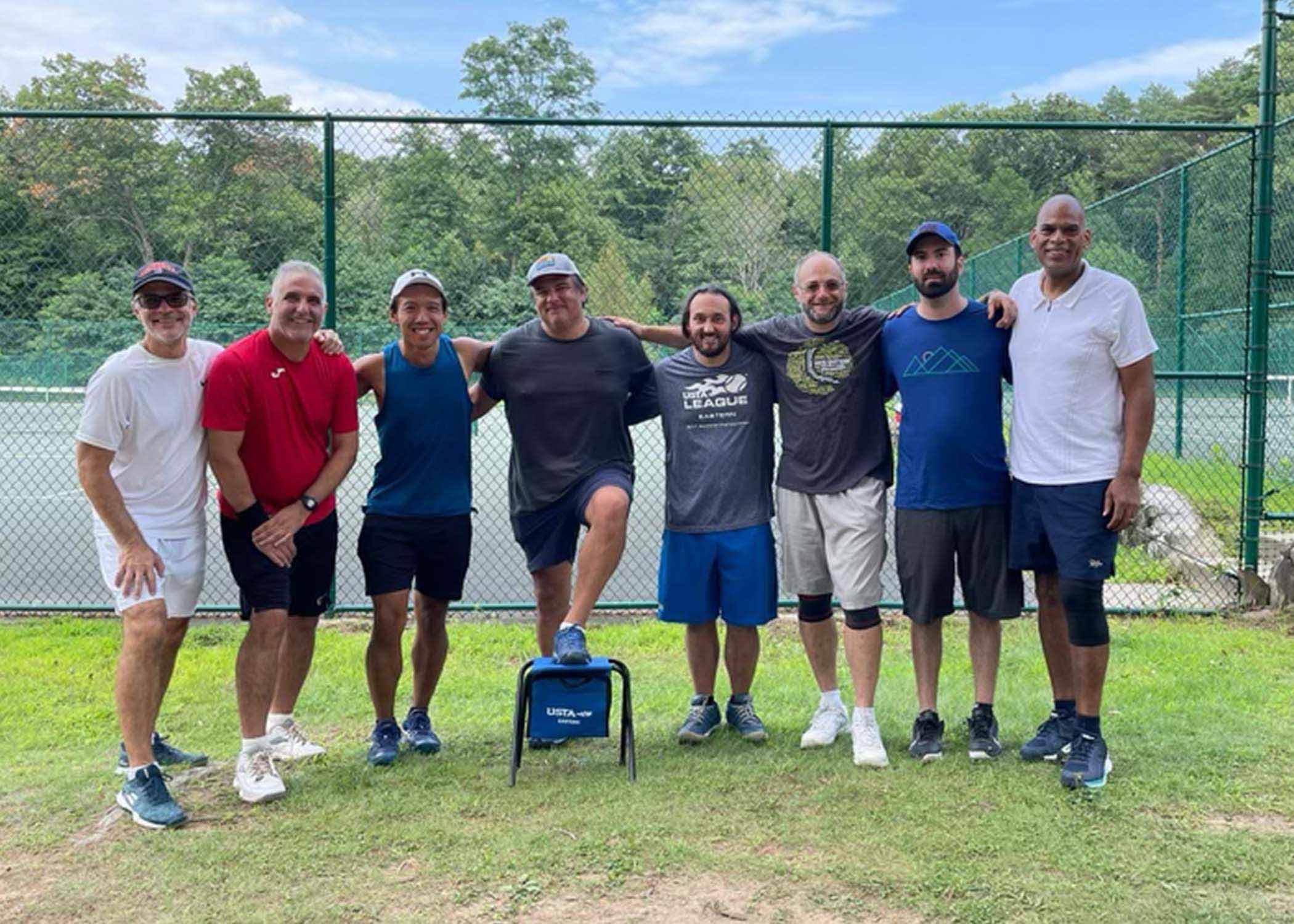
hit bros
3rd Place Sectionals
USTA Eastern / 18+ Men's 3.5
2022 Accomplishments
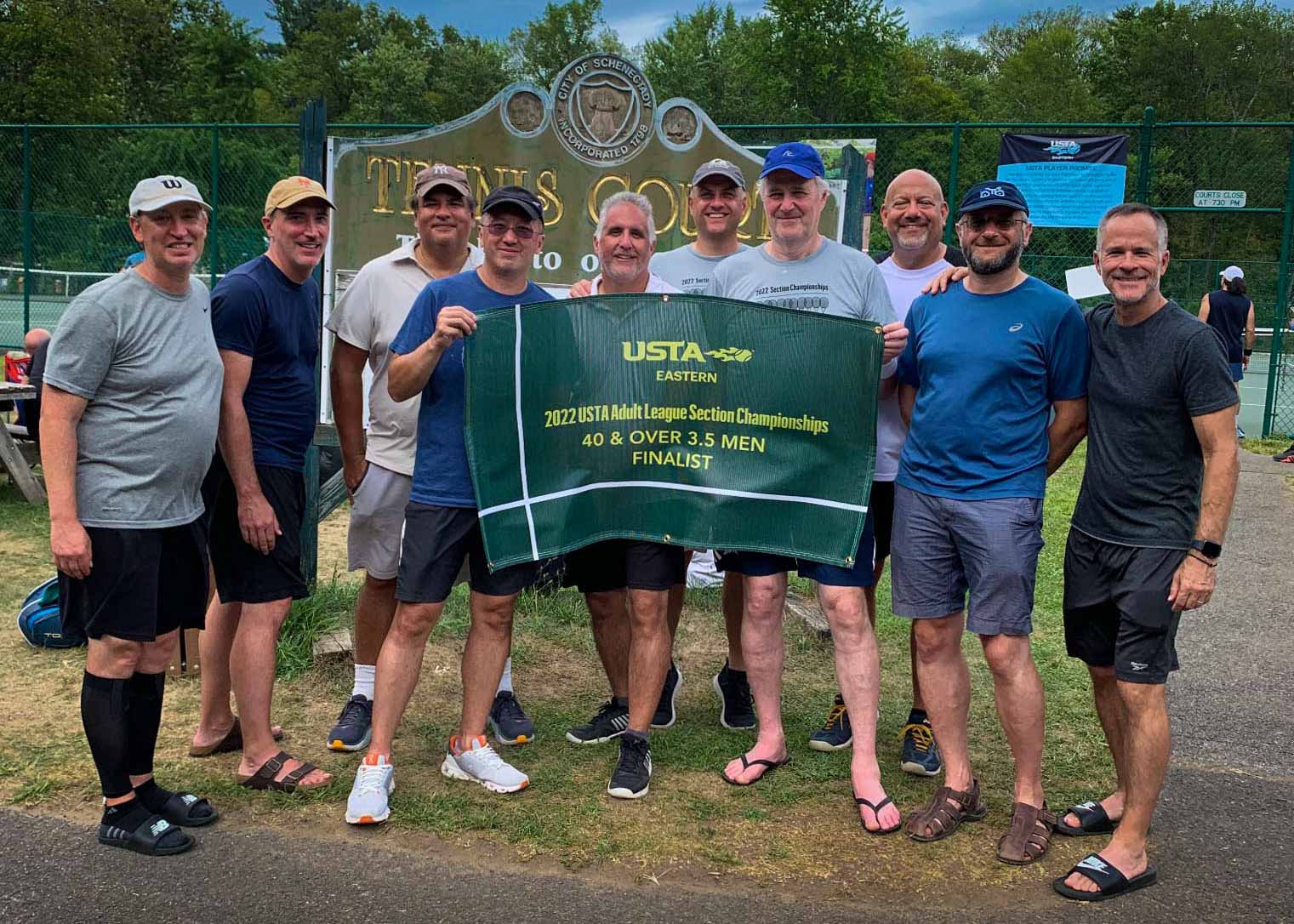
got it
2nd Place Sectionals
USTA Eastern / 40+ Men's 3.5
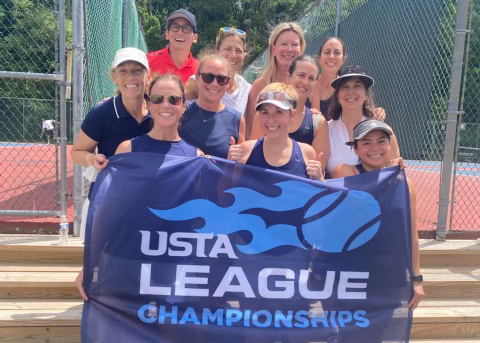
harley queens
3nd Place Sectionals
USTA Eastern / 18+ Women's 3.5
2021 Accomplishments
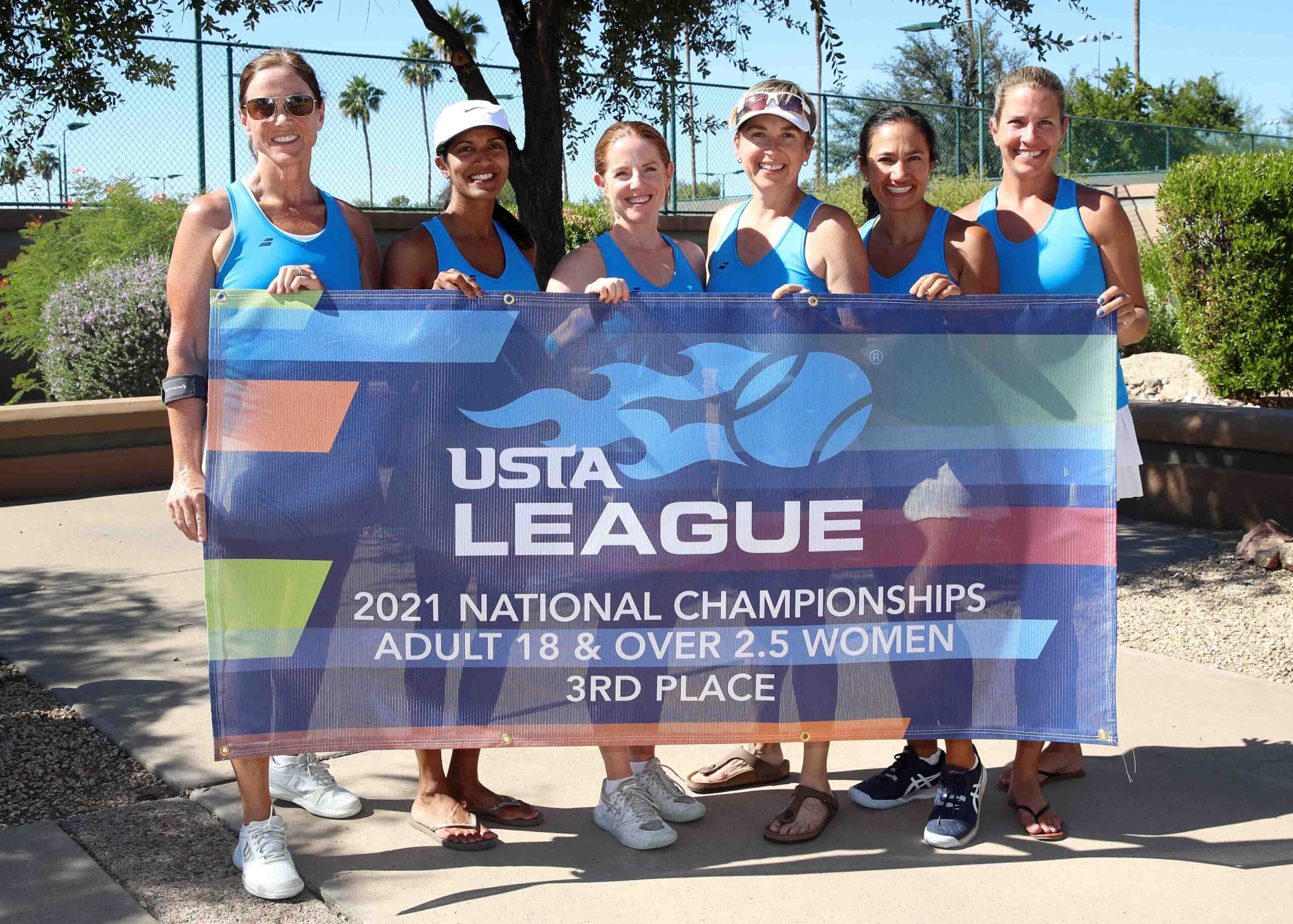
lovebirds
3rd Place Nationals
USTA Nationals / 18+ Women's 2.5
coaches tips
mental tips
ADVERSITY AND RESILIENCE
- Plan for ADVERSITY. Expect it, be ready for it and practice it
- Build the skills of RESILIENCE
- Take care of controlables and focus in on things you can control
- Set both long and short term goals
RESILIENCE
- Develop the ability and skill to bounce back and adapt to adversity
- Focus in on the process, not being perfect.
- Maintain the 3 C's during matches and practice
- Comfort, Calm, & Confidence
doubles partner mentality
KNOW OUR PARTNER'S PLAYING STYLE
Before the match, you and your partner should know each other’s strengths and preferences. Knowing this will help you create a good strategy for the match.
A few questions you might ask a new partner before the match.
- Which side do you prefer to return on? (duh)
- Do you like to play at the net more or the baseline?
- What is your favorite serve?
- Do you serve and volley?
HELP YOUR TENNIS PARTNER PLAY TO THEIR STRENGTHS
Whether you’re the stronger player or not, you need to help your partner get in the best position for their doubles style based on their strengths as a tennis player. That might mean changing your doubles strategy.
Let’s say, for example, that you’re playing a team who has really good lobs. Your partner is more of a net doubles player. It’s a bad idea in this scenario, to ask your partner to stay back at the baseline. Even if they do keep getting lobbed, you need to find a way as a team, to get your partner to the net. Maybe find the weaker players backhand, which is usually the weakest lob, before having your partner charge the net.
Especially if you’re the stronger player, you need to find a way to help your partner get in positions where they are most comfortable. This will help them take advantage of their strengths and help your doubles team win.
ENCOURAGE YOUR PARTNER...ESPECIALLY WHEN THEY STRUGGLE
- Staying positive and being encouraging to your partner seems obvious but a lot of doubles teams don’t do this. The key is to ALWAYS be encouraging your partner. When they’re playing well or hit a good shot. You tell them “Awesome playing!” Saying positive phrases like this will help them maintain or even raise their level further.
- When they’re in a slump, it is your job as a good doubles partner, to get them out of it. Again, stick with positive phrases like “We’re good, we got the next one.” Studies show that when things are going poorly, in sports or otherwise, shame only makes it worse.
- This encouragement is crucial for a good doubles team. Most people think:
- Positive Thoughts → Better Performance
- This is true, so we have to think our way to better tennis. But this is hard. Instead, we can actually use our words and physical energy and posture to accelerate this.
- Positive Language/Energy → Positive Thoughts → Better Performance
- If we can consciously force the positive phrases and energy, we can start a cycle that will lead to better performance. This is why you see people blow up on the court, they start with negative language and energy.
TAKING OWNERSHIP (ESPECIALLY IF YOU'RE THE STRONGER PLAYER)
Taking ownership or blame of a lost point or game is uncommon in many doubles teams. When you’re the stronger player especially, you should be taking the pressure off your partner and letting them play their game. To do this you need to “blame” yourself or take ownership.
This is a controversial topic because people have shown that blaming yourself can negatively impact performance, so you have to be careful. Don’t be negative with yourself, but don’t let your partner do that either.
For example, if you’re partner misses an overhead, you can say something like “no problem, I should have ended the point earlier on that volley. My bad. I’ll get the next one.” Do not say things like “that’s my fault. I’m blowing it.” 4 – Taking Ownership (Especially If You’re The Stronger Player)
Taking ownership or blame of a lost point or game is uncommon in many doubles teams. When you’re the stronger player especially, you should be taking the pressure off your partner and letting them play their game. To do this you need to “blame” yourself or take ownership.
This is a controversial topic because people have shown that blaming yourself can negatively impact performance, so you have to be careful. Don’t be negative with yourself, but don’t let your partner do that either.
For example, if you’re partner misses an overhead, you can say something like “no problem, I should have ended the point earlier on that volley. My bad. I’ll get the next one.” Do not say things like “that’s my fault. I’m blowing it.”
Always ending language on a positive note is important.
Taking ownership on the court shows your partner a few things:
- I’ve got your back.
- We’re a team, in this together.
- It’s not your fault, I have to be better too.
This will take pressure off your doubles partner, help them feel supported, and let them play with confidence.
COMMUNICATION: GOOD DOUBLES PARTNERS SAY 'WE' & 'I' INSTEAD OF 'YOU'
Communication is obviously very important with your doubles partner. One characteristic of a good leader is that the people around them feel like a team, on the same level. This is true in doubles too.
One easy tip for becoming a better doubles partner is to avoid the word “you” in any negative context. Doubles is a team effort so it almost always should be “we.”
This mostly applies to bad situations since, as we’ll find out, bad partners are only bad when they’re losing. Here’s a table to help you understand the difference.
Always ending language on a positive note is important.
Taking ownership on the court shows your partner a few things:
- I’ve got your back.
- We’re a team, in this together.
- It’s not your fault, I have to be better too.
This will take pressure off your doubles partner, help them feel supported, and let them play with confidence.
